The Sixth Pan Commonwealth Forum on Open Learning (PCF6) is to take place from 24-28 November 2010 at Le-Meridien, Cochin Resort & Convention Centre (Kochi, Kerala), India. The theme of PCF6 is ‘Access and Success in Learning: Global Development Perspectives’. PCF6 as an international conference will explore the contribution of open and distance learning to international development goals by opening up access to learning at every level. The Forum brings together practitioners, researchers, planners and policy makers in the fields of open and distance learning and development from over 70 countries. It provides opportunities to share experience and expertise and to contribute to future policy and provision. Participants will represent the main Commonwealth, Asia and international institutions and agencies active in the field, including funding bodies and technology providers
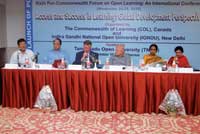
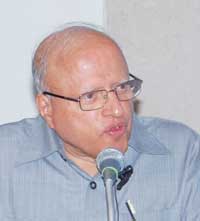
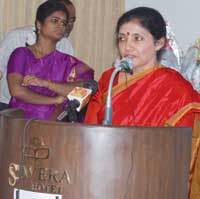
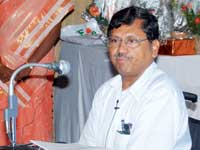
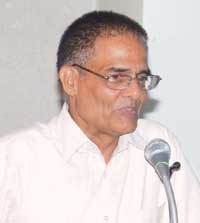
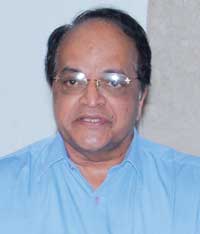
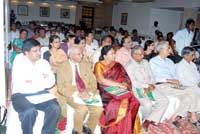
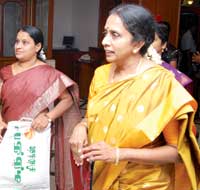
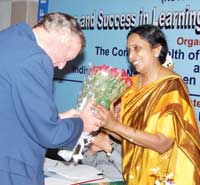
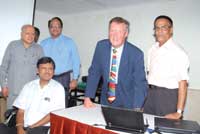
All of us share a planet where we are interdependent on each other for diverse needs. Therefore, it becomes an accepted collective consciousness to actively take care and look out for fellow human beings. From this standpoint, education is about private and shared enhancement and the endorsement of societal justice. If we notice that students are not learning, then the education systems have not been put properly in place. Knowledge is wealth, and lack of it keeps people bound in poverty. Quality cannot be delivered unless teachers are trained in relevant opportunities and ideas It concerns smashing down communal and cultural barricades and bequeathing every person with the knowledge, reverence and self-assurance to be occupied in their families, societies and countries as conscientious citizens. Education is a pursuit and an investment of a life span and therefore there has to be a coordinated effort for a movement in universal global education for all. Innovative education is the need of the hour. This will hold true for several reasons. The fi rst is that the right to education is yet to be a reality for millions of people around the world in spite of the remarkable strides made in this century. With political resolve and innovation, there is a momentous chance to enroll all children in school. The primary indicator of an innovation’s value is the degree to which it opens the doors of education to the the most susceptible and marginalized. It is common knowledge that segregation has numerous aspects. Children may not be attending schools because their families make less than one dollar a day. They might be trapped in distressful circumstances of confl ict that wipe out their whole social network and surroundings. They may also be kept out purely because their gender, or that they articulate in a minority language, belong to a religious minority, an aboriginal group, or live with a disability. Education cannot stand such intolerance – it infringes all essential
principles of basic human rights – from the Universal Declaration of Human Rights of 1948 to the Convention on the Rights of the Child. Secondly, innovations are required to radically develop the quality of education at every level. Countries of the developing world face mammoth pressures to appoint teachers, construct classrooms and schools to house increasing numbers of learners. But evaluations from all sections point to grave inadequacies in learning attainment, which have a tendency to be magnifi ed by social drawbacks. If we notice that students are not learning, then the education systems have not been put properly in place. Knowledge is wealth, and lack of it keeps people bound in poverty. Quality cannot be delivered unless teachers are trained in relevant opportunities and ideas. The more varied the student populace becomes, the more expertise the teachers require to createan engaging and inclusive learning environment. Innovations are therefore required to train teachers in techniques that support involvement, team work, original and critical thinking, and problem- solving.Thirdly, innovations must be accompanied with ethical values, which include reverence for one’s own culture, respect for others and consciousness of our interdependence. In this context open and distance learning has made a signifi cant role in bridging barriers and bringing quality education to the unreached through low cost technologies and innovations. Teacher training at all levels is essential to guarantee quality. Scaling up of teacher education provision is feasible only through Information and Communication Technologies (ICTs). However, we need to consider quality issues and new ways of addressing
teacher education. Open schooling is one way of assuring quality education for the under privileged whereas ODL is the methodology to scale up. Without an adequate number of trained teachers, the Millennium Development Goals will remain a distant dream. In this context, revamping teacher education becomes a priority. It will not be long before educational technologies will bring every under pribileged child under its ambit.





















